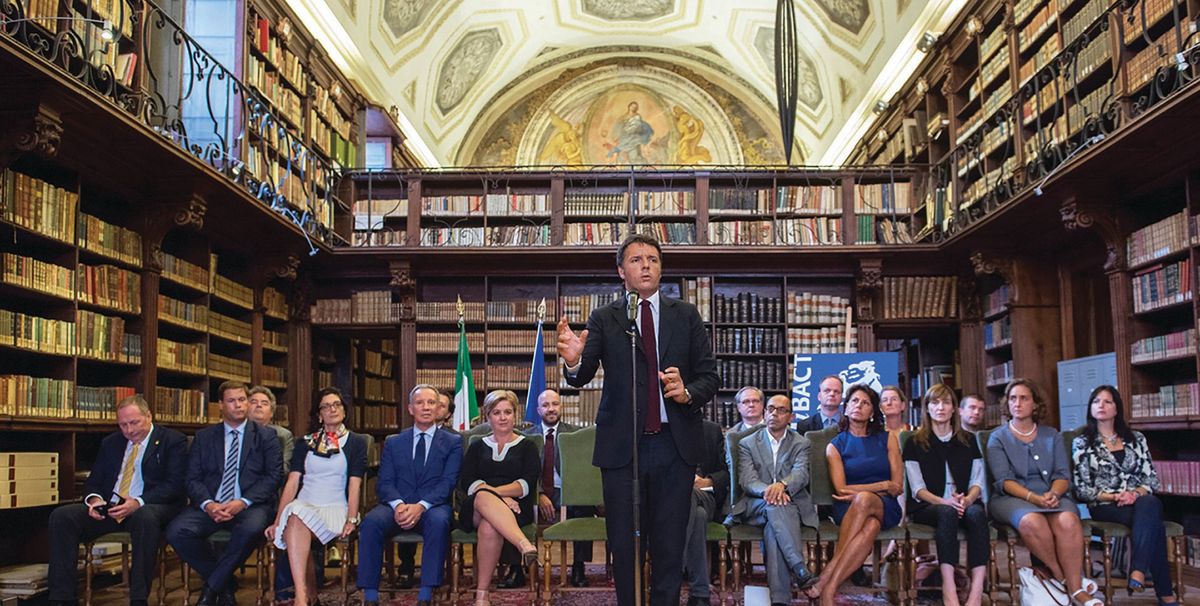An Italian regional court has ousted five directors at Italy’s top museums, almost two years after they were appointed in an unprecedented shake-up of the country’s bureaucratic museums sector. The reform by the Italian culture ministry saw new leaders—including, for the first time, seven foreigners—take the helm of 20 top institutions and heritage sites, such as the Galleria degli Uffizi in Florence and the Galleria Borghese in Rome, in August 2015. But on 24 May, the Lazio regional administrative tribunal (TAR) ruled that the recruitment process was not transparent and that foreigners had never been eligible to participate under Italian law.
The decision, which relates to two appeals by Italian candidates for the posts, declares five of the appointments void: Martina Bagnoli at the Galleria Estense in Modena; Paolo Giulierini, Eva Degl’Innocenti and Carmelo Malacrino at the National Archaeological Museums of Naples, Taranto and Reggio Calabria respectively; and Austrian-born Peter Assmann at the Palazzo Ducale in Mantua. The other six foreign directors, including the German Eike Schmidt at the Uffizi and British-Canadian James Bradburne at the Pinacoteca di Brera in Milan, have not been affected. According to our sister paper Il Giornale dell'Arte, there is a risk that any foreign applicants will now be blocked from the ongoing selection process for the directorship of the Colosseum and its archaeological park in Rome, which closes on 30 June.
The judges said that some interviews were conducted via Skype and that the international selection committee’s method of ranking applicants was confusing. They also cited the wording of a clause in a 2001 law that prevents non-Italians from competing for public positions.
Dario Franceschini, the Italian culture minister, has pledged to overturn the ruling in the Council of State, describing it as a blow to a reform that has already yielded impressive results. The recruitment process respected “not only European and national law, but also the highest international standards, as recognised by the International Council of Museums,” the culture ministry says in a statement.
“It is absurd to make distinctions over the nationality of candidates,” Franceschini told Italian media. “The director of the National Gallery [in London] is Italian while the British Museum’s is German.” Interim directors will be chosen to run the five museums in question, Franceschini said.
UPDATE: On 30 May, Italy’s Council of State rejected Franceschini’s request for an urgent suspension of the court ruling and said the official hearing would be held on 15 June. Pending this decision, the five institutions left without a director will be managed by the heads of the museum groups in their respective regions. The culture minister has, however, taken steps to secure the future of the other six foreign directors appointed in 2015, as well as the foreigners in the running to lead the Colosseum (14 of 84 candidates). Italian parliament has given preliminary approval to a bill amending the 2001 law that currently prevents non-Italian EU nationals from taking on public positions in the country. If the bill is passed by the Senate after 13 June, the earlier law will no longer apply to international competitions.


